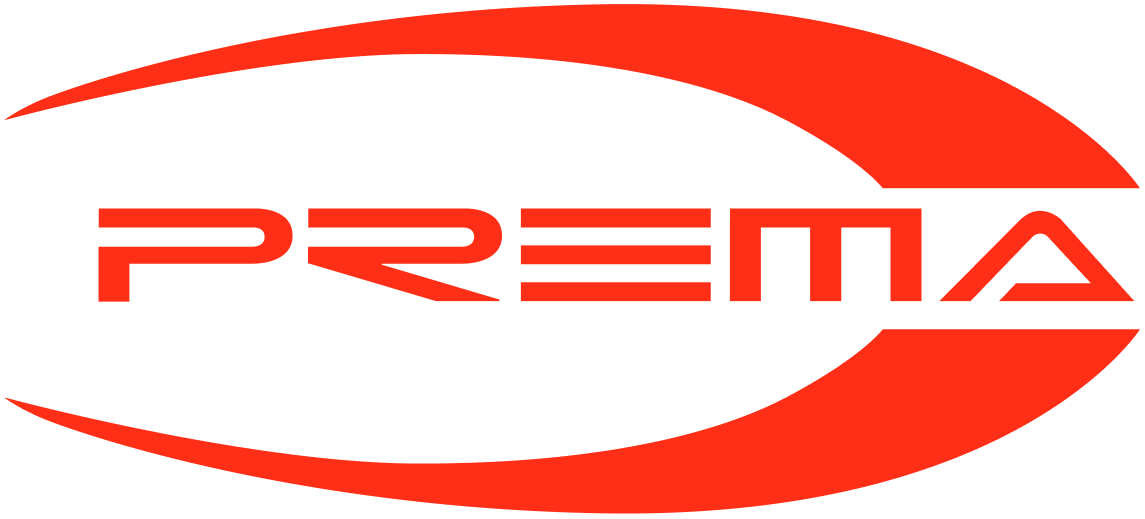Both hydraulic and pneumatic systems are used to run machinery we encounter in our day-to-day life, from car brakes and construction equipment to elevators and automated doors on commuter trains and buses.
While hydraulic and pneumatic power circuits have a number of mechanical similarities, and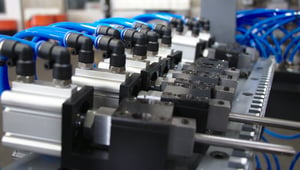 even share some integral components including specific pumps and a set of valves that direct flow, providing force and velocity control of the actuators.
even share some integral components including specific pumps and a set of valves that direct flow, providing force and velocity control of the actuators.
Still, end-users of many kinds of machines may be wondering which kind of system is best for their specific applications. Read on to learn the key differences between hydraulic and pneumatic power systems.
Hydraulic systems apply pressure to fluid in order to generate power. A pump moves mechanical energy into the system by transporting fluid — usually a hydraulic oil or synthetic lubricant — into a reservoir, where the fluid is stored and residual material including air and other moisture particles are removed.
Then, pressure is exerted against one side of the reservoir, forcing the liquid through valves using electrical, manual, hydraulic, pneumatic, or mechanical methods. The fluid is forced against an actuator, such as a hydraulic motor, cylinder, or piston on the opposite side of the reservoir. Energy is transferred to the actuator and turned from hydraulic energy into mechanical energy, forcing the actuator to move.
Due to the pressure exerted through the fluid, the actuator is not able to move in the opposite direction unless the pressure is released by a system operator. If the actuator is a piston being used, for example, to raise a forklift’s prongs, the prongs will remain elevated until the hydraulic pressure is released.
Since hydraulic oil is only compressed by approximately 0.5% for every 1000 PSI, it is considered non-elastic, or non-compressible. The advantage of a fluid’s inability to diminish in volume in response to pressure is that it acts as a more efficient medium for transferring energy. Little energy is lost to compression of the fluid in valves, so the transfer of hydraulic energy back into mechanical energy at the actuator is highly efficient.
Due to its inelasticity and high bulk modulus, hydraulic oil offers greater power density than mediums like air, which translates to high performance at high pressures. According to experts at Mobile Hydraulics Tips, in fact, operating a hydraulic system at 10,000 PSI may do less damage to the machine’s performance than running a similar pneumatic system at 300 PSI.
The major drawback of many hydraulic systems has to do with the challenge of transporting non-elastic oil through valves and plumbing systems.
As compared with the compressed air used in pneumatic systems, hydraulic oil faces high rates of resistance and elevated energy losses when flowing through restricted spaces. As such, if components within a hydraulic system are improperly fitted or do not correlate in size to desired flow rates, operators will suffer major energy and cost losses in every application.
Pneumatic systems operate in much of the same way as hydraulic systems do. In general, they require an air compressor, which draws atmospheric air in through an intake valve and feeds the air into a receiver tank.
Pressure is then applied to air within the receiver tank. Gases, unlike fluids, can be compressed, making high pressure density easily achievable through the exertion of force. Air is compressed and passed into a network of pipes and valves that direct the flow of air toward an actuator. The actuator will transfer the energy back into mechanical energy in order to initiate motion, as with a hydraulic system.
While hydraulic systems may guarantee fewer energy losses during operation, in general, pneumatic systems ensure a lower up-front cost, fewer maintenance demands, greater durability, and a higher degree of mechanical reliability, making them the most cost-effective option in the long-run.
What’s more, compressed air comes with the unique advantage of speed — unlike hydraulic oil, when air is released, it expands at high speed and force, enabling much higher actuation velocities. As such, pneumatic systems offer expanded application possibilities and are the obvious choice for applications requiring high speed and precision.
Pneumatic systems can efficiently facilitate most industrial-scale applications requiring movements such as clamping, positioning, pressing, lifting, sorting, and stacking — such as those seen in manufacturing, assembly, and distribution facilities. Further system modifications can increase the precision with which a pneumatic system operates, enabling applications that require labeling, cutting, crimping, or embossing.
Due to their durability, superior performance, and ability to supply energy to actuators at high speed, pneumatic systems remain among the most reliable choice for powering everything from commuter transit systems and natural gas extraction to agtech devices that can milk a cow autonomously.

Mattei offers a wide range of vane compressor models that perfectly meet the specific needs of the transport industry.

The reliability of Mattei compressors, the high quality standards of the delivered compressed air and the compliance with the industry regulations, make them ideal to be used in the healthcare and pharmaceutical industry.

Reduced operating costs, environmental sustainability and extreme purity of the air supplied make Mattei compressors suitable for all processes in the food industry.
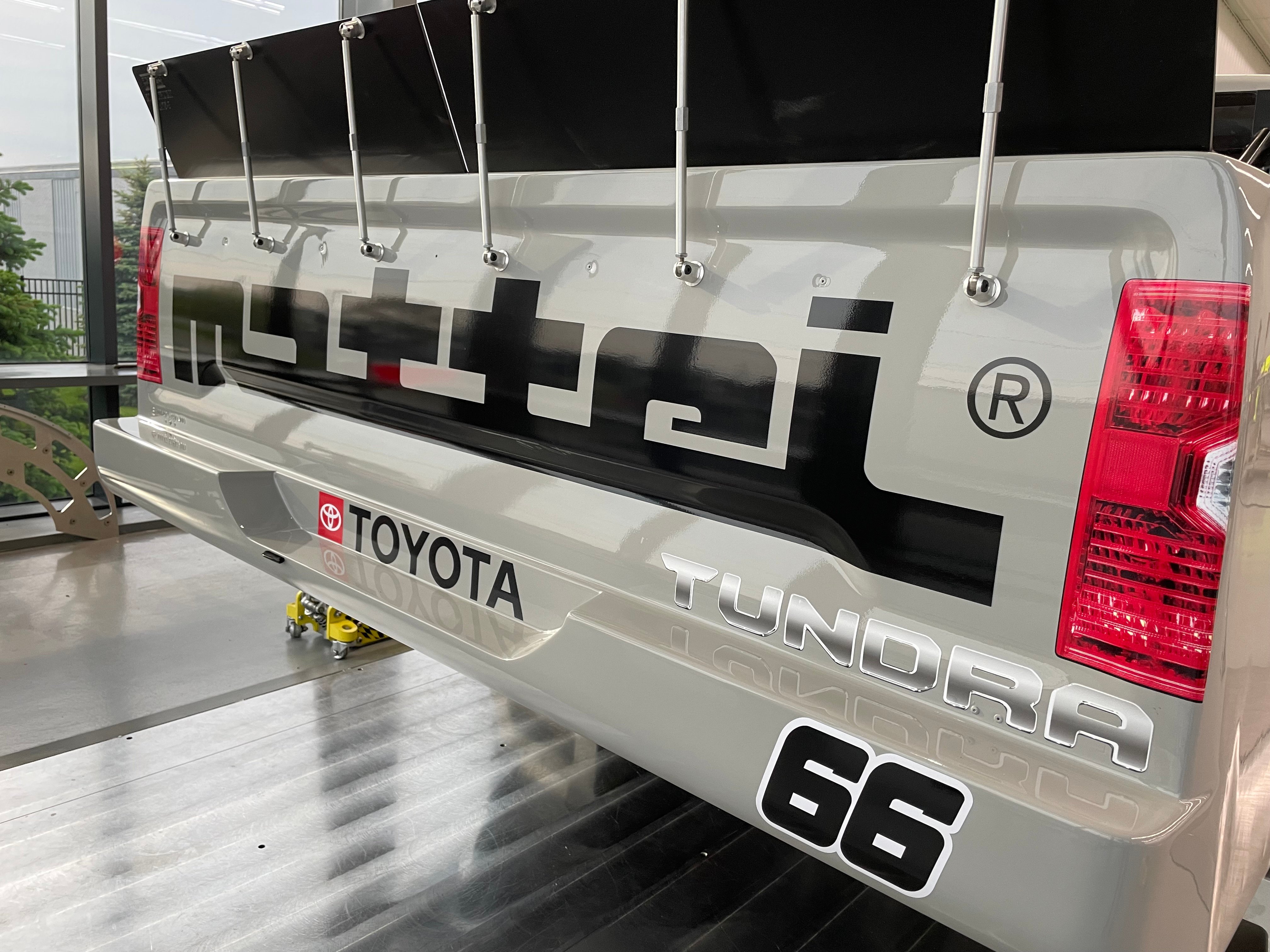
Good luck ThorSport Racing. Waiting to watch the racing!
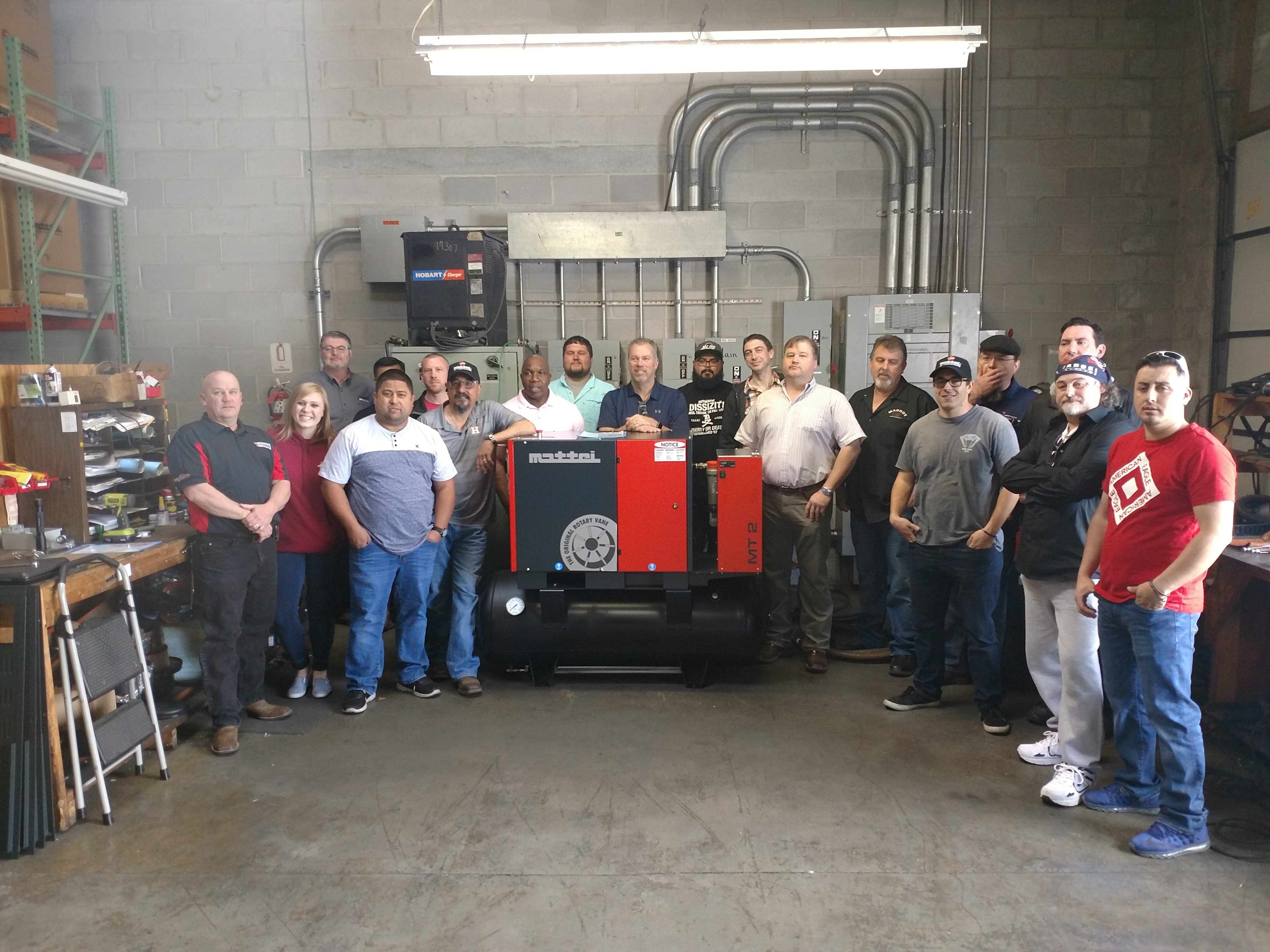
We recently held our Spring 2018 Service School for distributors. The school graduated 17 participants from both the sales and service sides.

Today, Mattei Compressors, Inc., announced the recipients of its 2017 Distributor Awards. These distributors went above and beyond to provide high-quality service to Mattei customers over the past year.
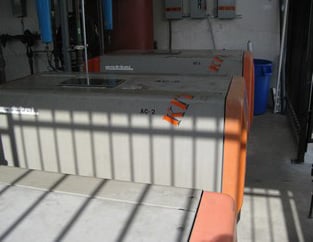
Helix Medical, LLC is widely regarded as a premier supplier of biocompatible silicone medical devices and components to the medical device, pharmaceutical and biotech industries.
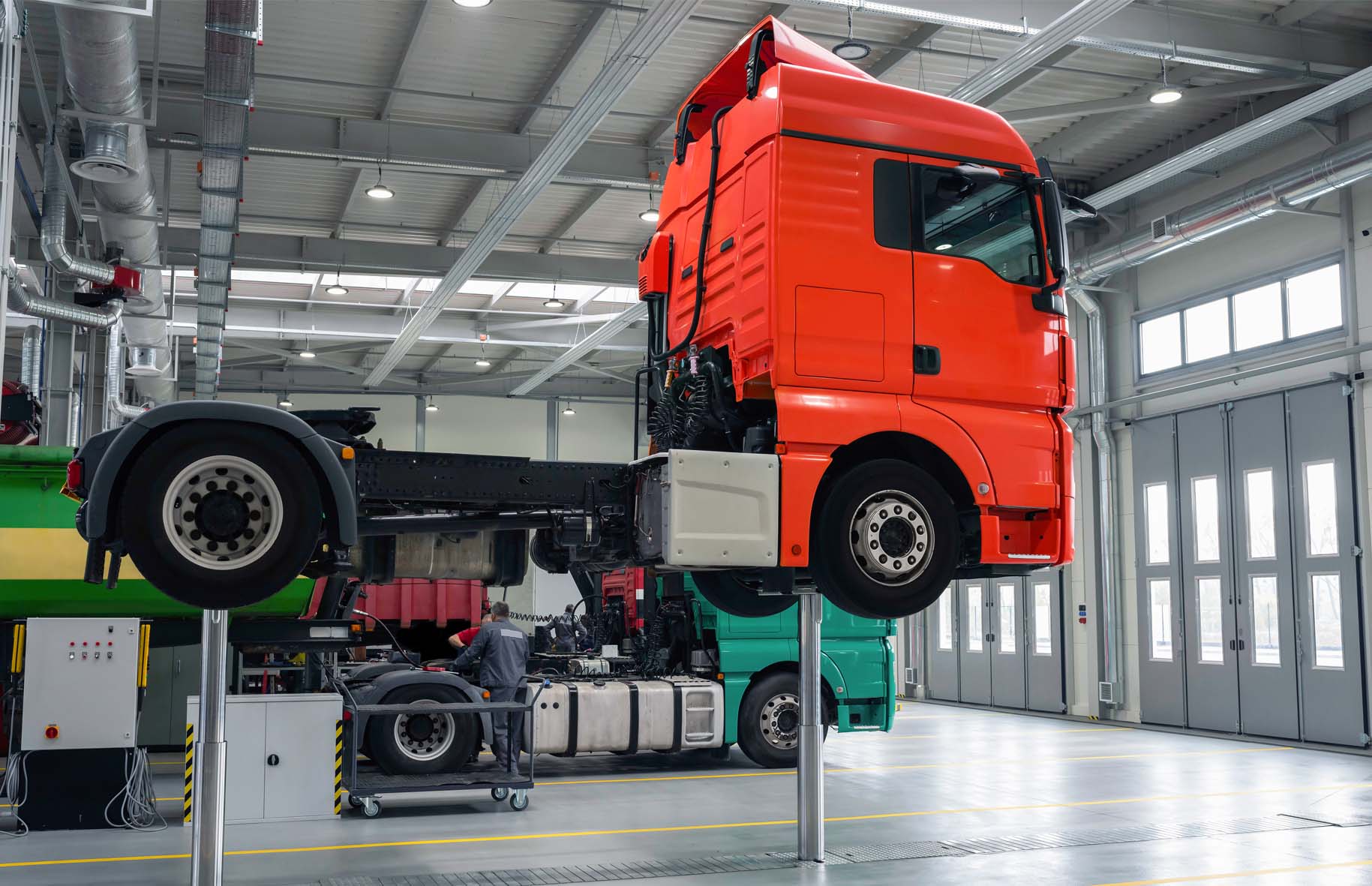
John Baker Sales, a Mattei distributor located in Colorado, worked very closely with Transwest to ascertain the company’s needs prior to making a product recommendation.

